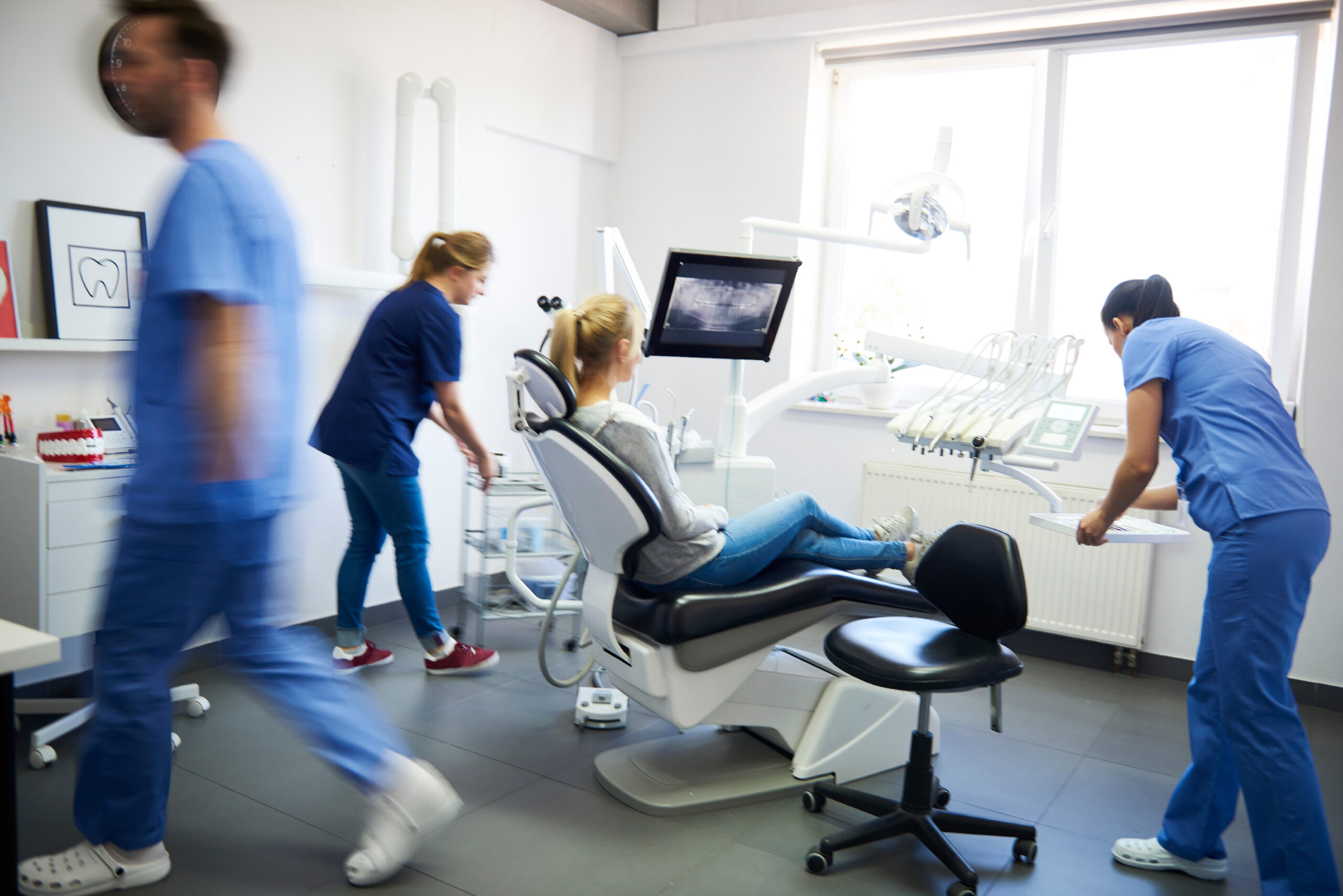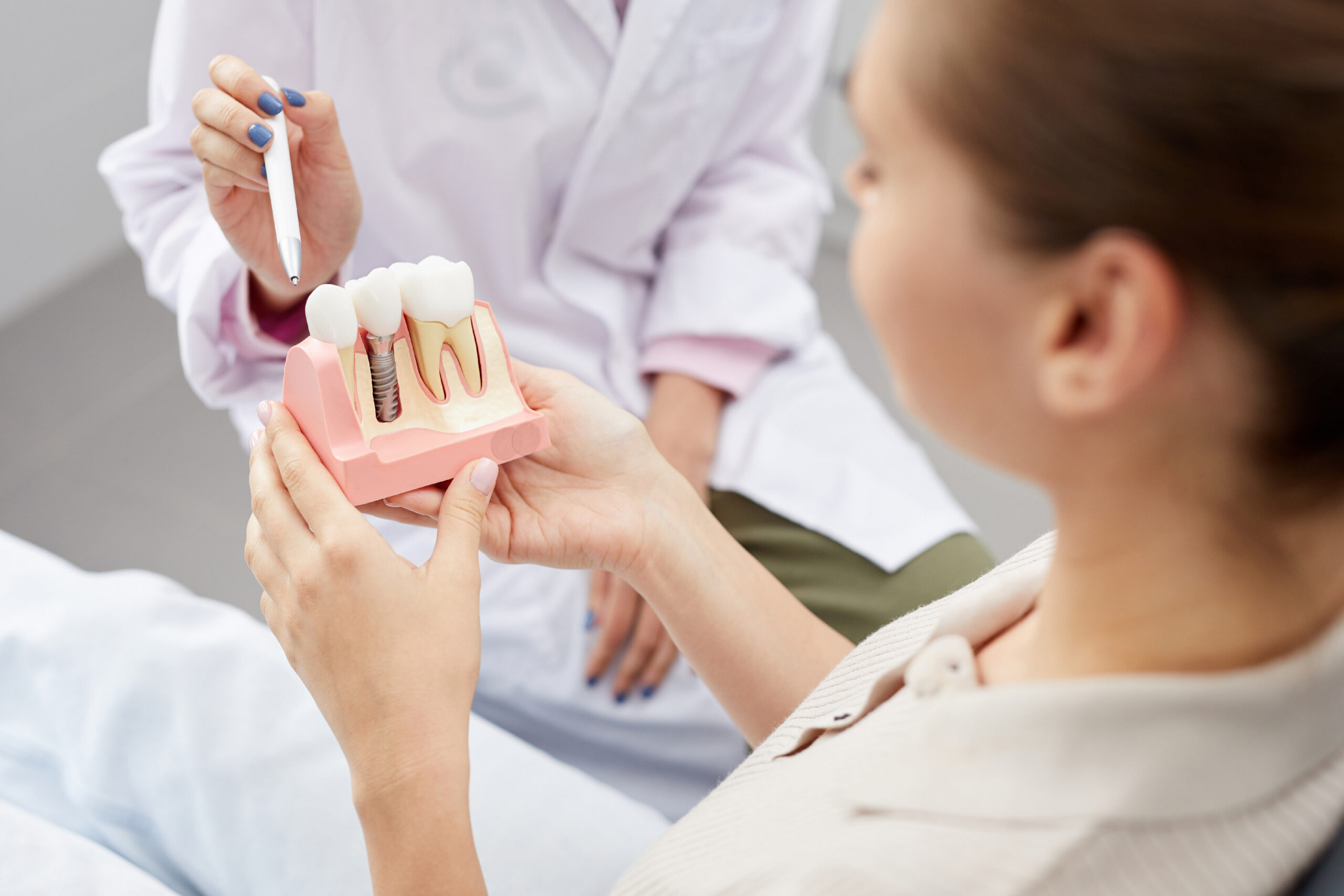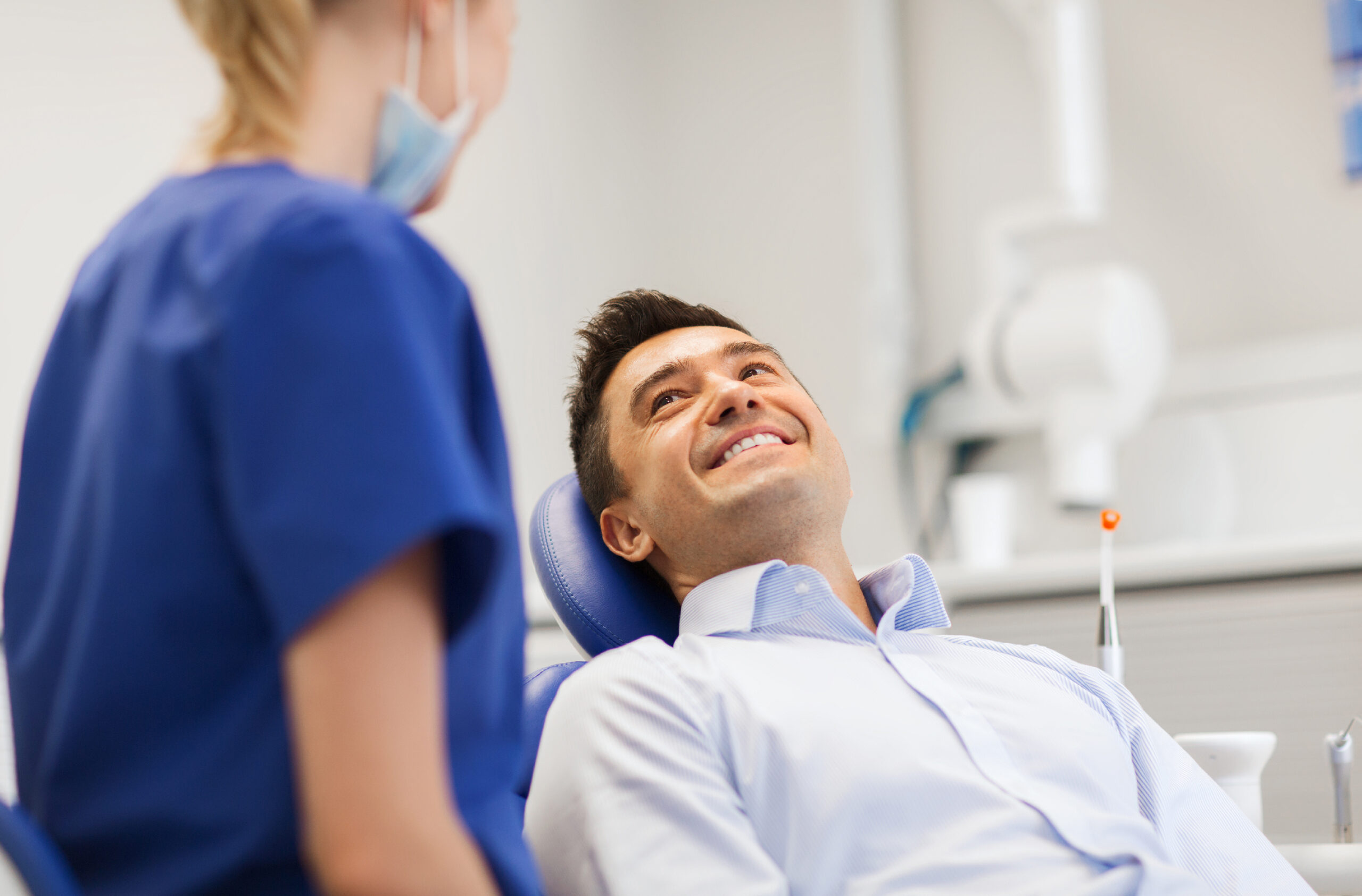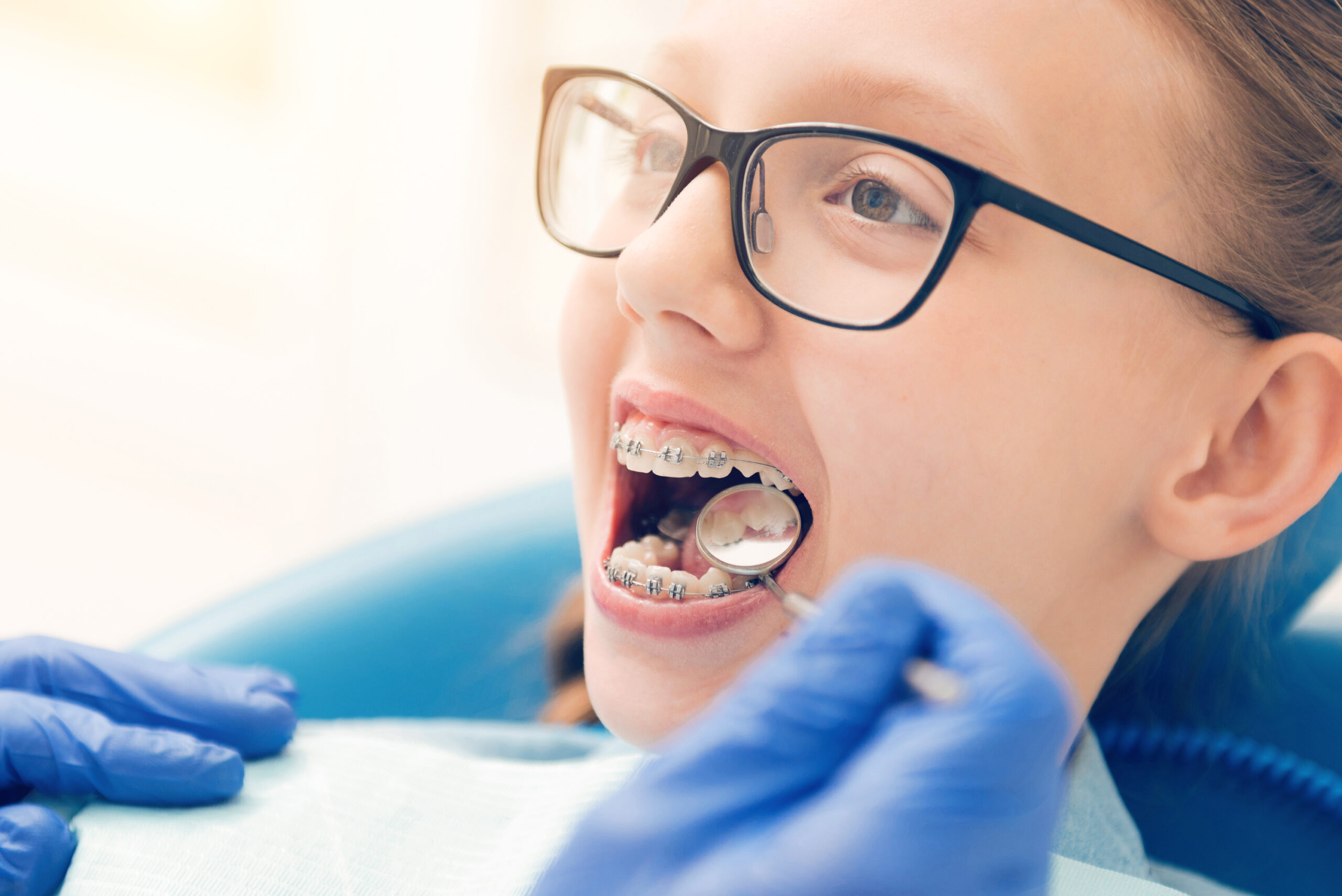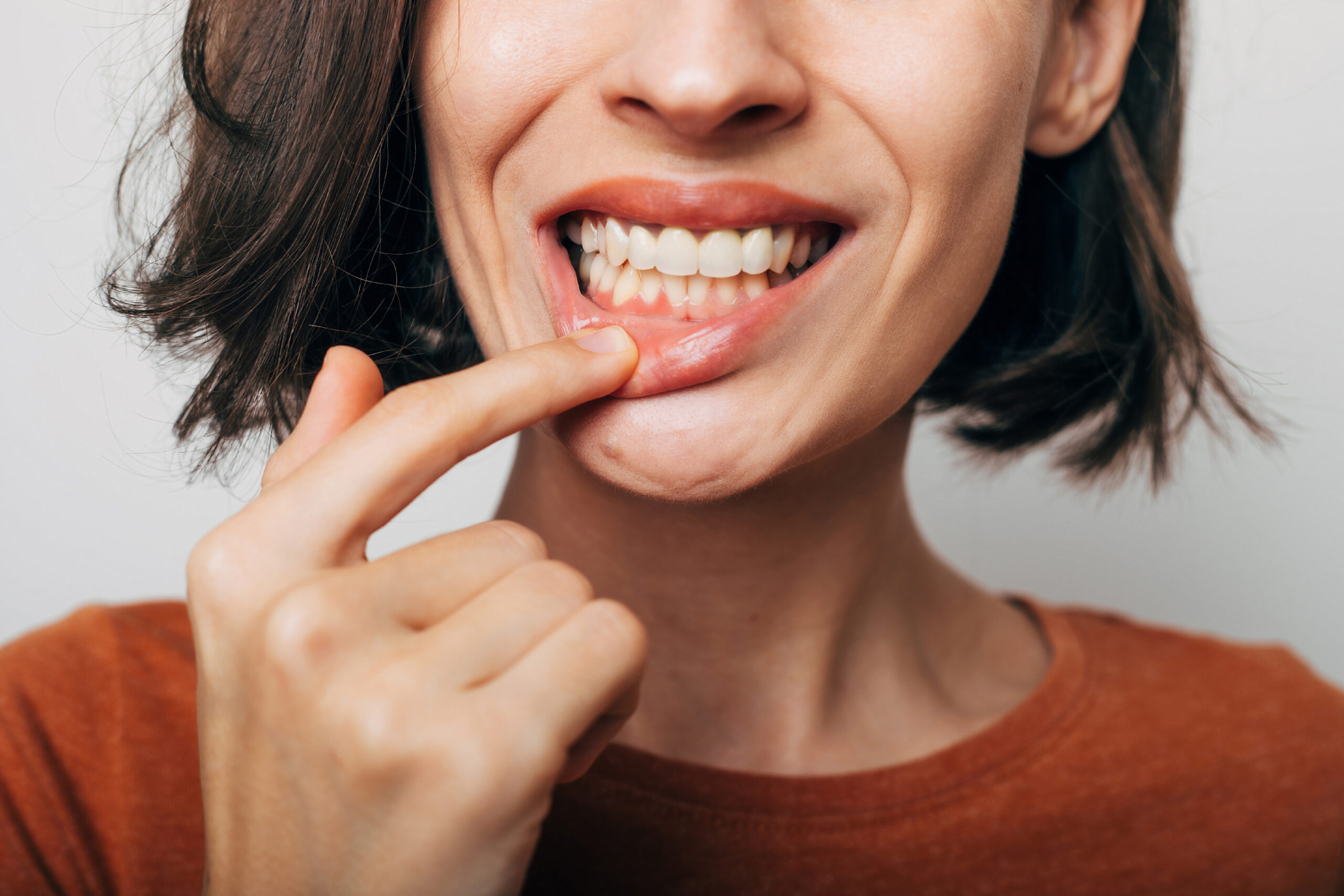Specialized Dentistry of New Jersey
4.9 ★★★★★ (74) Read Reviews
About Our Office
At Specialized Dentistry of New Jersey, our top-notch dental specialists collaborate to deliver unmatched care. Whether you require a dental hygiene appointment or a full mouth reconstruction, our dentists in Manalapan, NJ, are here to meet your needs. Rest assured, your smile is in safe hands with us. Trust your dental health to the best dentist in Manalapan, NJ, at Specialized Dentistry of New Jersey. Contact us today to schedule your visit and experience exceptional care tailored to you.
Patient Experiences
Every aspect of our office environment has been thoughtfully curated to prioritize comfort, trust, and excellence. Our state–of–the–art facility is not only designed to provide top-tier dental care but is also geared towards maximizing convenience for our patients. At our office, patients can expect nothing less than a seamless blend of top-quality dentistry and warm, personalized care.
State of the art technology
We take pride in consistently offering our patients access to the most advanced dental technology. From the 3Shape TRIOS intraoral scanners, making impressions easier than ever, and digital CBCT imaging units to soft-tissue lasers and intraoral cameras, we are committed to investing in the best and most comfortable solutions available.
About our community
Manalapan, NJ is a charming town that brings a smile to everyone's face. With its scenic beauty, friendly community, and vibrant activities, it's a haven for happiness. Whether you're exploring the stunning parks, enjoying delicious local cuisine, or partaking in the town's lively events, Manalapan has something to make everyone smile.
Patient Forms
Please click here to view patient forms.
Meet Our Doctors
Before and After
Click to view our patient gallery
Test Name
...Content
Patient Reviews
Ofelia A.
My family and I have been blessed with the opportunity to meet the most amazing, caring and professional office. I can't say enough about Specialized...
Read MoreThis “Mystrymaster” Guy
I could not be happier with the service, the people, or the outcome from my experience here. Most people fear going to the dentist, I was made to feel...
Read More2fur
Nice, friendly employees. Comfortable environment. Obvious attempts to make you as comfortable and at ease as possible. Technicians caring and knowled...
Read MoreK Bohm
Two very skilled caring dentists and wonderful office staff. I highly recommend them.
Read MoreRequest an Appointment
Fill out the form below to contact us today

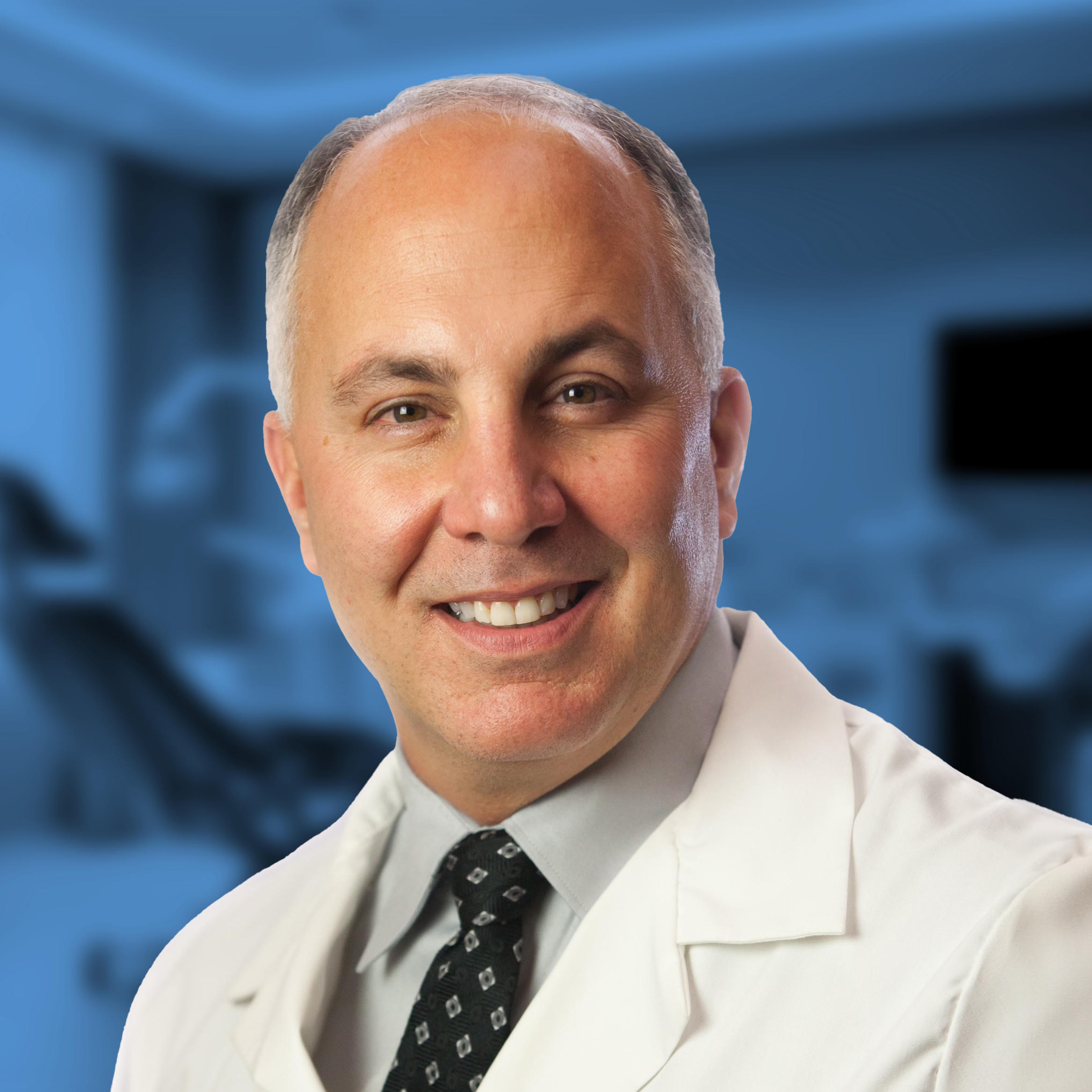

 Cosmetic Dentistry
Cosmetic Dentistry 